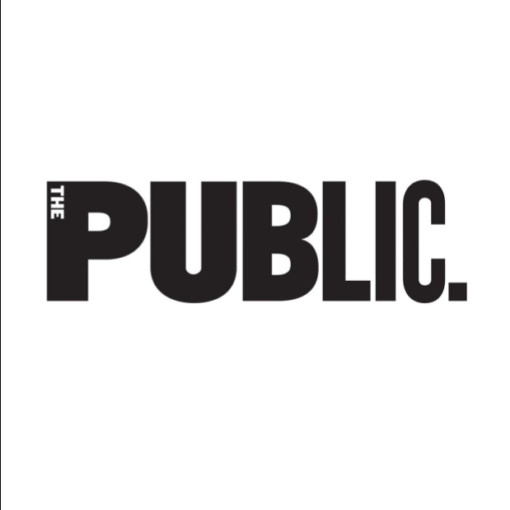 FALL SEMESTER 2019
FALL SEMESTER 2019
Application Deadline: 10 June 2019
ABOUT THE ACLU
For nearly 100 years, the ACLU has been our nation’s guardian of liberty, working in courts, legislatures, and communities to defend and preserve the individual rights and liberties guaranteed by the Constitution and laws of the United States. Whether it’s ending mass incarceration, achieving full equality for the LGBT community, advancing racial justice, establishing new privacy protections for our digital age, or preserving the right to vote or the right to have an abortion, the ACLU takes up the toughest civil liberties and civil rights cases and issues to defend all people from government abuse and overreach. With more than one million members, activists, and supporters, the ACLU is a nationwide organization that fights tirelessly in all 50 states, Puerto Rico, and Washington, D.C., for the principle that every individual’s rights must be protected equally under the law, regardless of race, religion, gender, sexual orientation, gender identity or expression, age, disability, national origin, and record of arrest or conviction.
INTERNSHIP OVERVIEW
The ACLU seeks a Research Ethics Intern for Fall 2019. This intern reports to the ACLU Director of Research. The Director of Research and the Research Ethics Intern are housed in the Communications Department of the ACLU’s National Office in New York City. The Director of Research leads the ACLU’s policy research program through collaboration with legal, advocacy, and communications staff across the organization. In addition to working with the Director of Research on ongoing policy research projects, the Research Ethics Intern would assist in developing standards and procedures for ensuring ethical human subjects protections for ACLU’s research.
ROLES AND RESPONSIBILITIES
- In consultation with the Director of Research, manage the development of new standards and procedures related to human subjects protections in ACLU’s research efforts, including criteria for review, training opportunities, and resources for compliance, such as informed consent templates and other standard form language.
- Engage stakeholders across the national organization and state affiliates in the development and dissemination of new human subjects protections standards and procedures.
- Participate in regular Communications Department meetings and occasional cross-departmental meetings.
- Help manage database of current policy research literature, including conducting literature reviews.
- Provide editing and proofreading support of materials for internal and external audiences, such as reports and presentations
- Other duties to support the development of ACLU’s policy research infrastructure.
EXPERIENCE AND QUALIFICATIONS
- Current level 2 and 3 doctoral students in the humanistic social sciences
- Training and experience in empirical research methods, quantitative and/or qualitative
- Familiarity and/or experience with human subjects protections and Institutional Review Boards
- Interest in working in applied research at a non-profit, civil rights organization
- Strong attention to detail
- Proficiency in Microsoft Office, comfort in using technology, such as video conferencing
- Ability to work collaboratively and respectfully toward resolving obstacles and/or conflicts
- Commitment to working in an office that values all individuals and respects differences in regards to race, ethnicity, age, gender identity and expression, sexual orientation, religion, ability and socio-economic circumstance, record of arrest or conviction
- Commitment to the mission of the ACLU
This internship is administered and funded through the PublicsLab at The Graduate Center, CUNY. The PublicsLab will compensate 150 hours of work with a $5000 stipend.
The application for this position is #3737 on GC Connect. For more information about GC Connect, please click here. Applications will be accepted until 10 June 2019.
The ACLU is an equal opportunity employer. We value a diverse workforce and an inclusive culture. The ACLU encourages applications from all qualified individuals without regard to race, color, religion, gender, sexual orientation, gender identity or expression, age, national origin, marital status, citizenship, disability, veteran status, and record of arrest or conviction.






